If you or someone you love has recently undergone surgery, suffered a chronic illness, or chronic pain, then you might have been given a prescription for medication. Unfortunately, even with prescription drugs, abuse can happen, and it can be devastating. Thankfully there are ways you can get treatment. For those who struggle with abuse, prescription drugs might just be the first step, and illegal drugs become the next step when the prescription runs out.
What Prescription Drugs Are Commonly Abused?
There are three main categories of abuse prescription drugs:
- Depressants
- Opioids
- Stimulants
There are others, but when people ask, “what prescription drugs are commonly abused?” the answer is one of these three.
Depressants
Depressants are things like Valium, Lunesta, and Xanax.
Depressants help with severe anxiety or sleep problems by slowing down activity in your brain. Depressants can include sleep medications, benzodiazepines, or barbiturates.
Opioids
Opioids include things like Oxycontin, Vicodin, and Percocet.
Opioids are related to Morphine, so they help block pain signals from your brain to your body. Opioids can include pain relievers such as oxymorphone or medications for sedation like Morphine and codeine.
Stimulants
Stimulants include drugs like Ritalin and Adderall. Stimulants are designed to increase the energy and attention in your brain. Stimulants can consist of medication for ADHD or narcolepsy.
Why is Prescription Drug Abuse Common?
Wondering “what prescription drugs are commonly abused” and “why do people abuse prescriptions” are typical questions. It’s quite common to assume that if a doctor prescribes something, then it is entirely safe. However, no medication is without side effects. Still, for some medications, particularly the three types listed above, those side effects can significantly impact the mind and the body.
Prescription drug abuse is common because of the serious side effects that things like depressants or opioids have on the body. Opioids, for example, block the pain signals, which is why they are prescribed after a severe injury or accident. If you undergo heart surgery, doctors have to cut into your heart muscle after cutting their way through the skin, muscle fibers, and surrounding tissue. This requires a lengthy healing process, during which the pain can be unbearable. So a prescription medication can cut off the pain receptors so that you simply don’t feel the level of pain your body is experiencing. But it is all too easy for you to require higher doses and more frequent doses to achieve the same numbing effect. And when this happens, an addiction forms.
For some individuals, genetics, previous drug addiction history, or mental health problems can increase the risk of abuse.
- Someone with a genetic predisposition to addiction might not even realize that they have a genetic weakness. So, when they get a prescription from a doctor, they find that they are struggling with addiction within a few short weeks.
- Someone with a previous drug addiction might have changed it to their neurological chemicals, which makes it too easy to relapse when given a prescription.
- Someone with a mental health problem, particularly an undiagnosed problem, might find that the prescription medication for chronic pain helps them feel less depressed or less anxious. When the pain is gone, they continue to rely on their prescription self-medicate for the undiagnosed mental health condition.
What are the Signs of Prescription Drug Abuse?
There are many signs of prescription drug abuse. In most cases, you might notice yourself or someone close to you no longer participating in the hobbies and activities they once loved. You might see someone pulling away from friends and family without explaining why. Other signs include behavioral changes like sudden personality changes or severe mood swings. Destructive decisions that result in legal trouble or financial trouble are quite common, especially when someone resorts to stealing. With a prescription, stealing might include stealing someone else’s prescription or paying to get someone else’s prescription, visiting multiple doctors that are not covered under an insurance plan to getting the same prescription from various sources at the same time.
The physical signs of prescription drug abuse will vary somewhat depending on the type of prescription that is being abused:
Depressants
- Drowsiness
- Slowed breathing
- Problems with memory or concentration
- Slurred speech
- Unsteadiness on feet
Opioids
- Constipation
- Confusion
- Increased pain sensitivity
- Poor coordination
- Slowed breathing
Stimulants
- Reduced appetite
- Increased alertness
- Anxiety and agitation
- Insomnia
- High body temperature and blood pressure
How to Find Prescription Drug Abuse Treatment
If you are ready to find treatment for prescription drug abuse, Marina Harbor Detox can help. Our staff understands what prescription drugs are commonly abused and what types of treatment are most important. We can assess your situation and prescribe an initial detox phase to be medically supervised while we wean your body off its dependency. After that, we can set up a long-term therapy and recovery plan whether you need inpatient or outpatient programs.
Reach out to us today for help with your addiction to prescription drugs.


